


With more than 181.5 billion tons of wood produced globally each year, a new method could revolutionize how we build sustainably. By infusing red oak with...
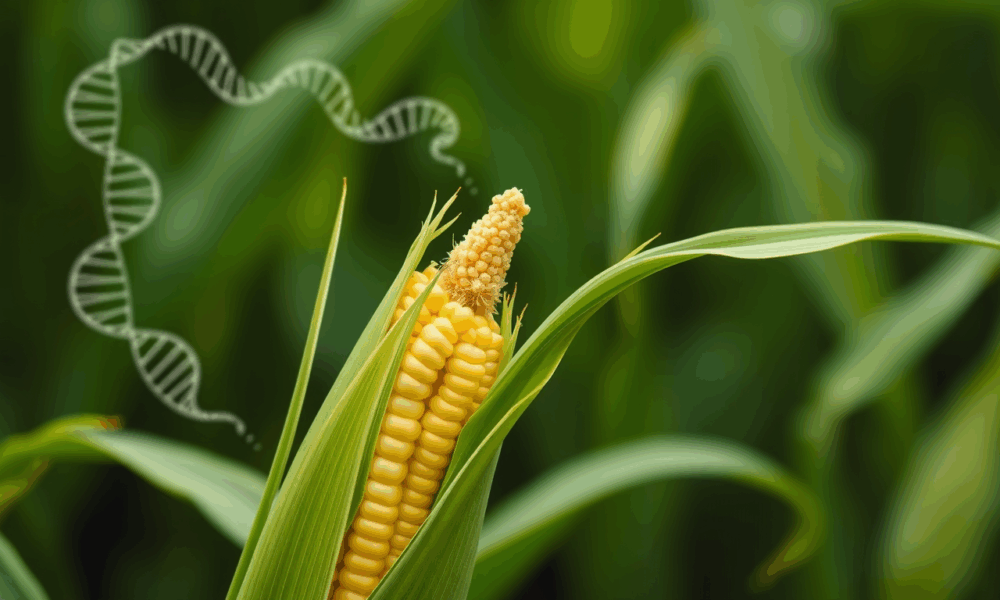
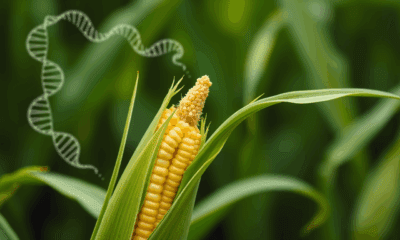

By analyzing DNA from different cells in nearly 200 lines of maize plants, research has revealed insights that could help growers better adapt their crops to...
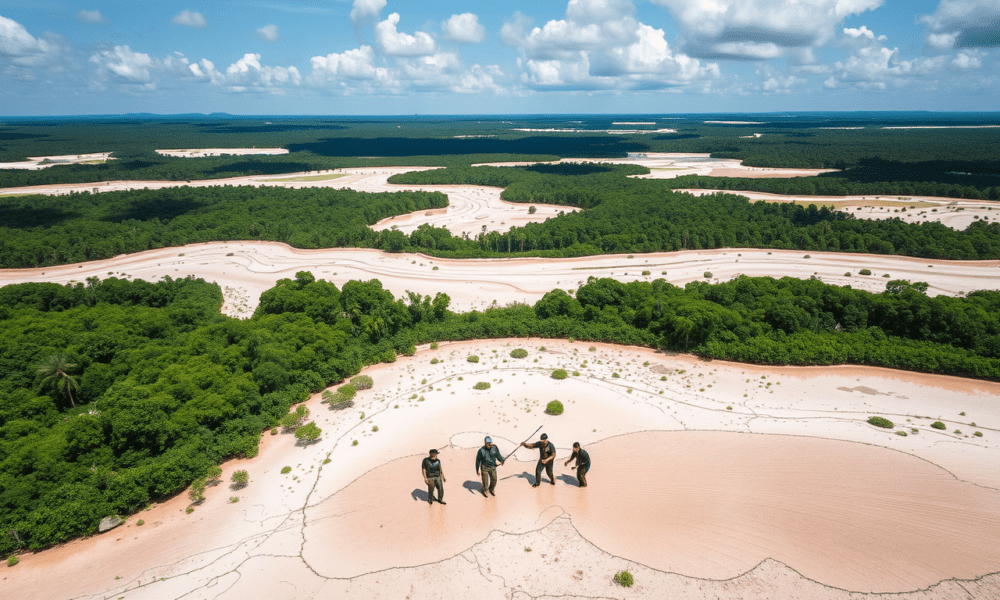


Researchers conducted three years of extensive fieldwork to develop the first data-driven map of both newly documented and predicted peatlands across Colombia's eastern lowlands.
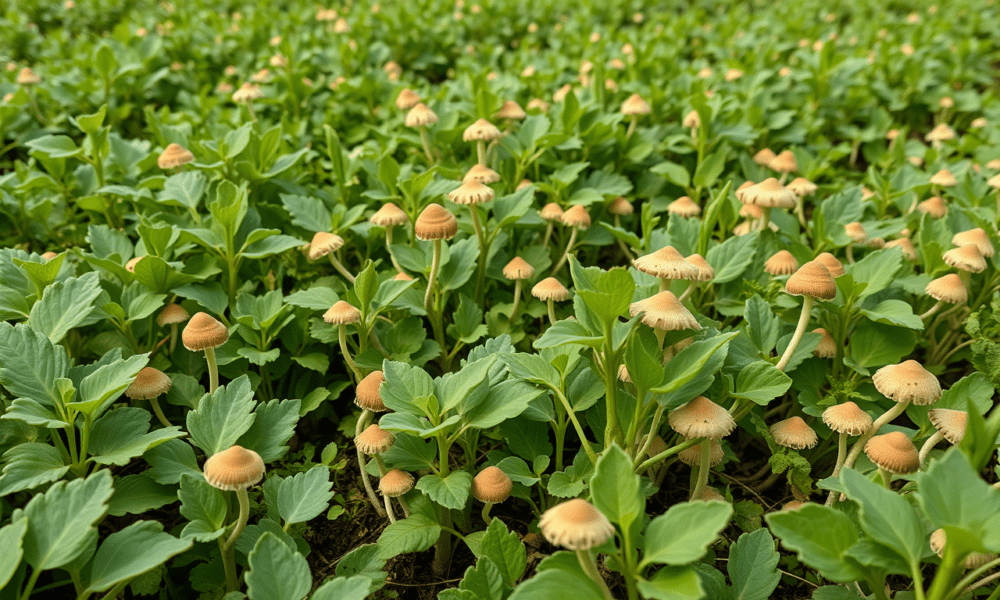
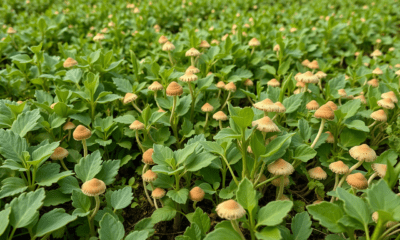

Scientists use small peptides to enhance symbiosis between plants and fungi, offering a sustainable alternative to artificial fertilizers. Plant biologists discover new plant molecule, CLE16, as...



Bird species that do well in urban areas are more colorful and less brown.
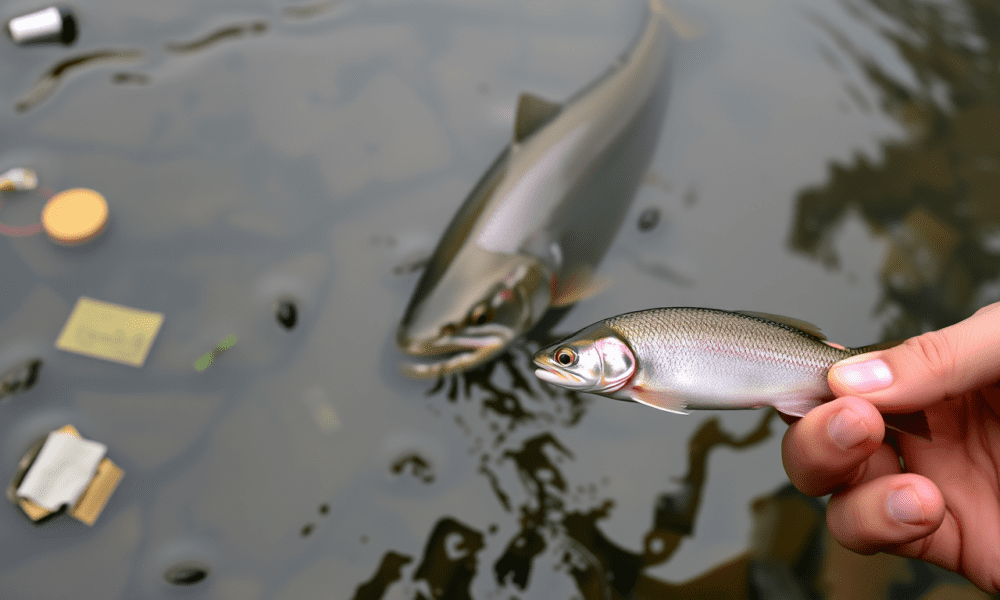
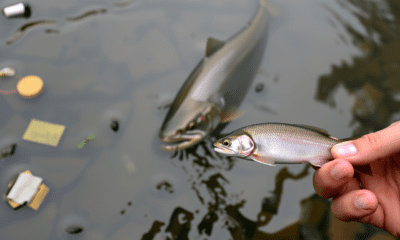

Study reveals commonly detected environmental levels of clobazam -- a medication often prescribed for sleep disorders -- increased the river-to-sea migration success of juvenile salmon in...



New research into the overlooked environmental impact of pet dogs has found far-reaching negative effects on wildlife, ecosystems and climate.



Nanoplastics are an increasing threat to the ecosystem; however, their mobility in the soil is still underexplored. Against this backdrop, researchers investigated the adsorption and aggregation...
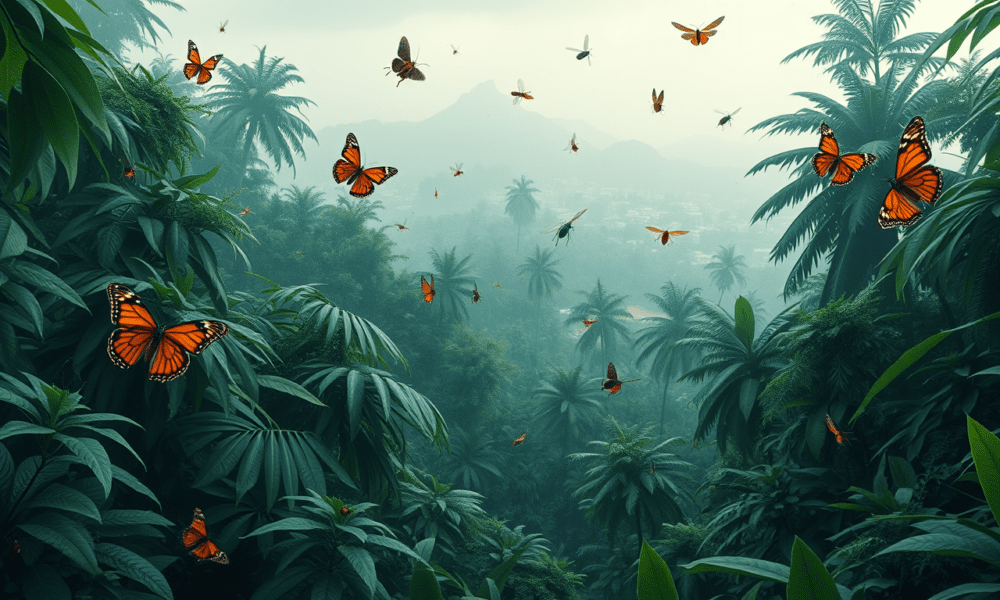
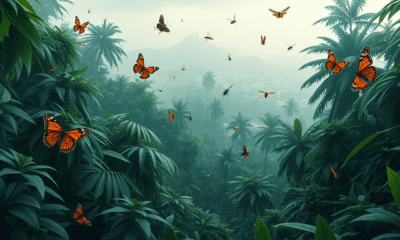

Ecologists are investigating the decline of insect populations in the world's tropical forests. Insects, the most abundant and diverse group of animals on Earth, are experiencing...



While the daily ebb and flow of people across a city might seem chaotic, new research reveals underlying universal patterns. A study unveils fundamental spatiotemporal scaling...